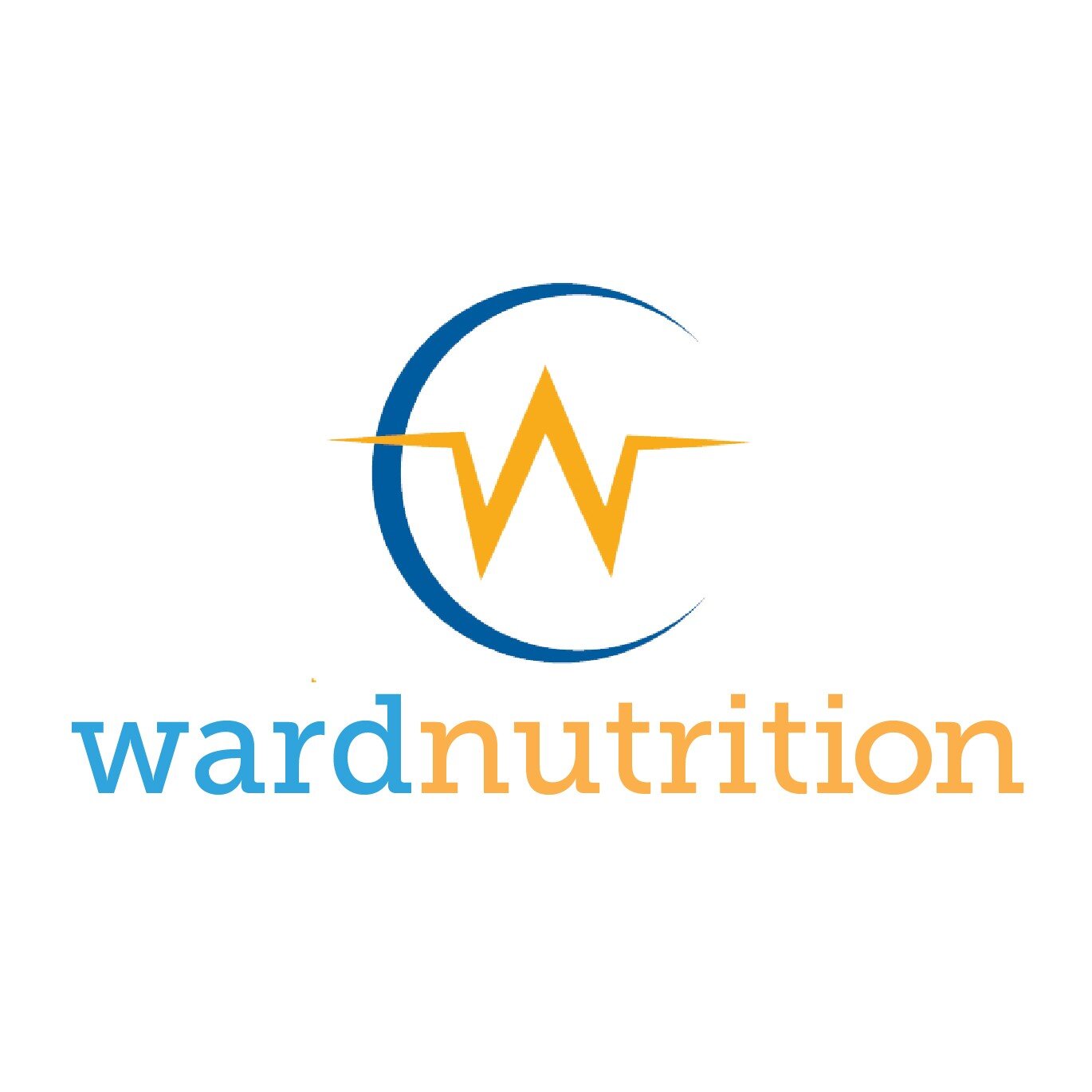The Ins and Outs of Coeliac Disease
1 in 70 Australians have Coeliac Disease but 4 out of 5 remain undiagnosed. Have you ever wondered what it is, how it is diagnosed and who is at risk?
What is Coeliac Disease?
Coeliac Disease is an autoimmune disorder where the immune system reacts abnormally to gluten, damaging the lining of the small bowel. Gluten is a protein found in wheat, barley, oats and rye. When a person with Coeliac Disease consumes even a small amount of gluten the lining of the bowel becomes damaged, inflamed and flattened. This can lead to nutrient malabsorption as well as a variety of gastrointestinal symptoms.
Who is at risk?
Coeliac Disease can occur in genetically predisposed men, women or children at any age. Research has shown onset may be triggered by environmental factors including illness, infection and stressful events. Symptoms include gastrointestinal upsets such as diarrhoea, constipation, bloating or vomiting as well as fatigue, iron deficiency, unexplained weight loss and failure to thrive in infants.
How is Coeliac Disease Diagnosed?
Coeliac Disease is diagnosed through a 2-step process:
1. Blood Test
A blood test can screen for coeliac disease by measuring antibodies (coeliac serology) that are usually high in those with the condition.
2. Small Bowel Biopsy
A positive blood test will lead to a small bowel biopsy through a procedure called a gastroscopy. This small procedure, performed under anaesthetic, involves a small biopsy which is examined under a microscope to screen for small intestinal damage. Those with small intestinal damage are confirmed to have Coeliac Disease.
It is important to note whilst being diagnosed, gluten must still be consumed in the diet to ensure an accurate diagnosis.
Management:
As Coeliac Disease is a life-long condition the current management is a strict gluten free diet. Once diagnosed with Coeliac Disease it is essential to seek assistance from an Accredited Practising Dietitian. A dietitian will provide education on what gluten is, where it is found and foods to avoid, whilst ensuring your diet stays nutritionally adequate.
FOR MORE INFORMATION ON A GLUTEN FREE DIET AND THE MANAGEMENT OF COELIAC DISEASE
COME AND VISIT US AT WARD NUTRITION.
All of our dietitians are able to assist with a gluten free diet for the management of Coeliac Disease. Book an appointment online or by calling us on 5301 6435.
*It is important to note undiagnosed or untreated Coeliac Disease may lead to a range of health problems. If you are concerned it is essential you seek advice from a medical professional such as a doctor.

